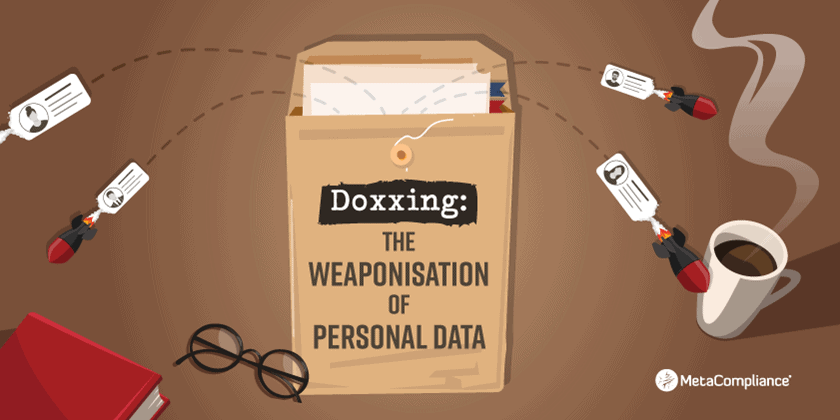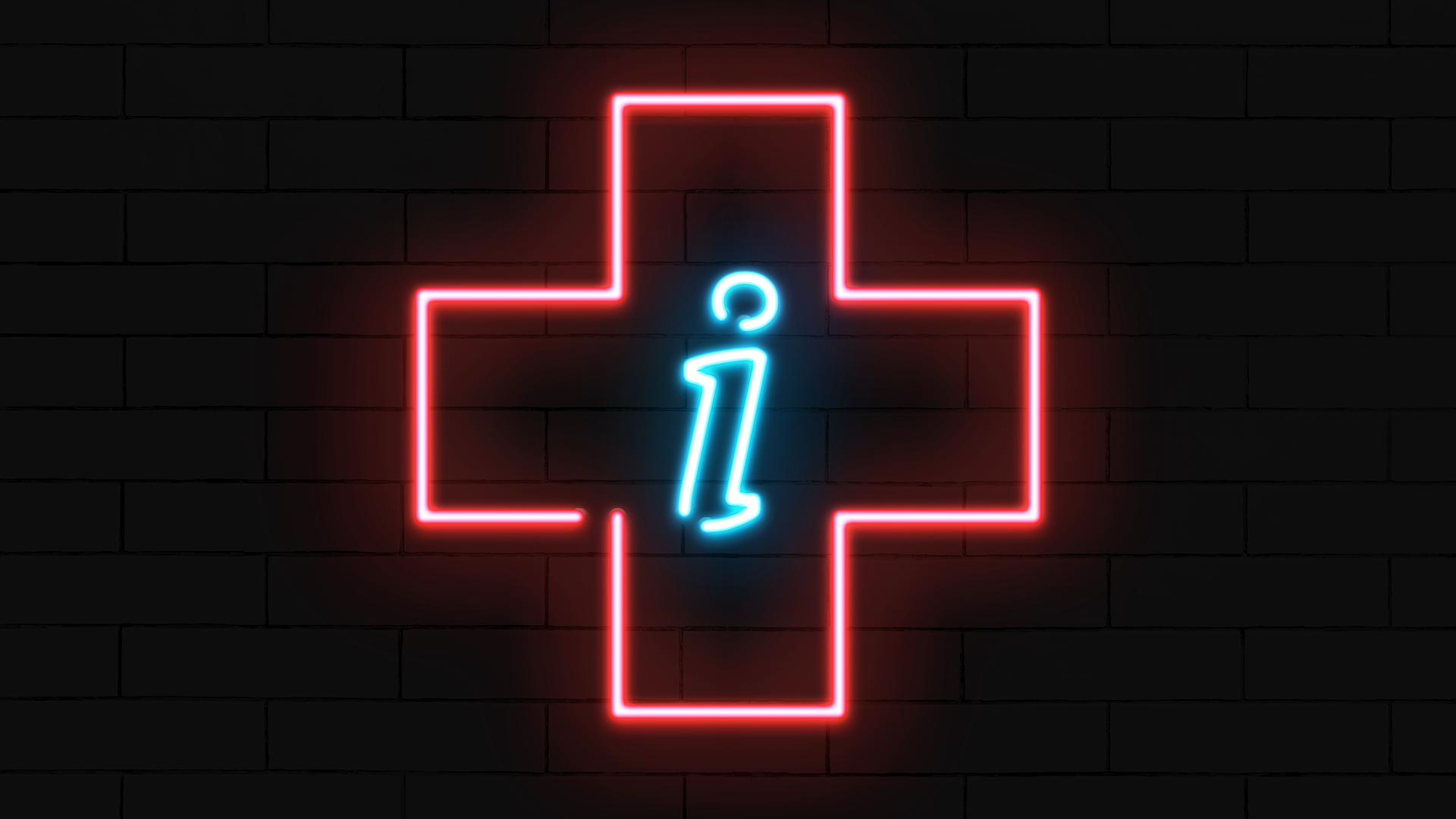
Colorado Gov. Jared Polis signed a law designed to prevent “doxxing” of healthcare workers.
Doxxing refers to an act that reveals private or identifying information about an individual on the internet, opening them up to harassment or intimidation.
The state Senate passed House Bill 1041 on March 4, after the House passed it Feb. 14. Mr. Polis signed the bill into law March 24.
“(The protected workers) do have a public-facing job, but just because you have a public-facing job doesn’t mean you should have threats against your family or yourself for doing the work you’ve been tasked with doing,” bill sponsor and state Rep. Andrew Boesenecker, said, according to The Denver Post.
In 2021, Colorado banned doxxing of public health workers. That law, in part, allowed public health workers to seek redaction of their personal information from publicly available government databases, according to the Post.
The new law expands protections to include child representatives, code enforcement officers, healthcare workers, mortgage servicers, and office of the respondent parents’ counsel staff members and contractors.
Under the new law, these individuals are people “whose personal information may be withheld from the internet if the protected person believes dissemination of such information poses an imminent and serious threat to the protected person or the safety of the protected person’s immediate family.”
Personal information includes the protected person’s full name and home address.


